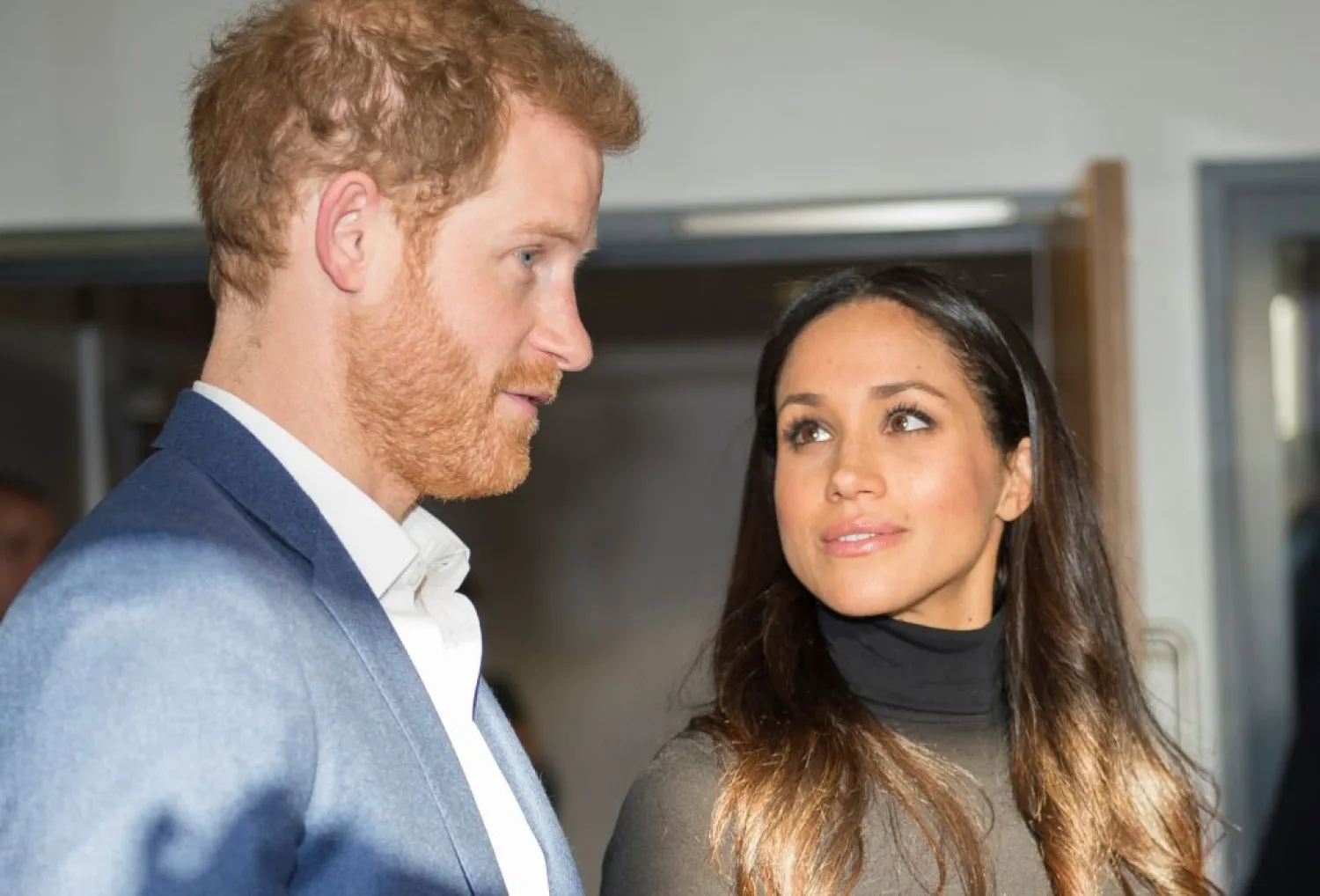Prince Harry’s wedding to American actress Meghan Markle could provide a 500 million pound boost to Britain’s economy as tourists flock to the country and Britons celebrate, according to estimates.
Harry is Queen Elizabeth’s grandson and fifth-in-line to the throne, and will tie the knot on May 19 at Windsor Castle.
According to the Office for National Statistics, there were an extra 350,000 visitors to the UK in April 2011 when Harry’s elder brother William got married to his wife Kate, compared to the same month of 2010.
Business valuation consultancy Brand Finance predicted a similar surge in May. It estimates the nuptials will generate some 500 million pounds ($680 million).
The company’s chief executive David Haigh told Reuters: “We think approximately 200 million pounds will come from tourism, travel and hotels.”
The wedding would also be worth about 100 million pounds in free advertising for Britain around the world, he added.
Andrew Lee, manager of the Harte and Garter hotel opposite Windsor Castle: “It’s going to be a massive boost for the economy, it’s going to be great to see so many people here for the wedding and actually to host the wedding itself.”









